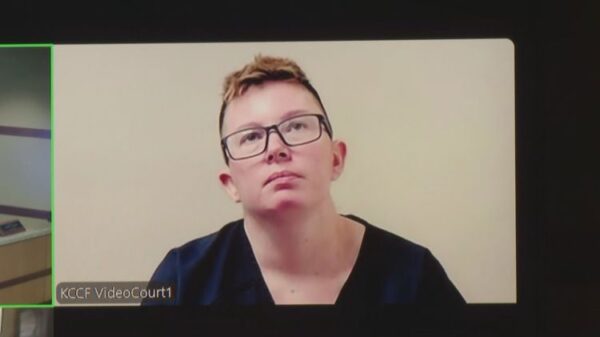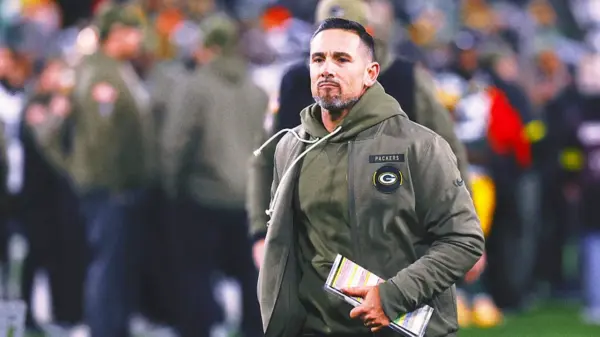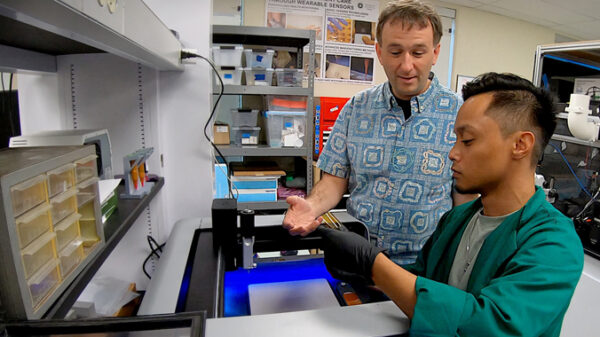URGENT UPDATE: GambleAware, Britain’s leading problem gambling charity, has just announced new resources aimed at supporting neurodivergent individuals adversely affected by gambling. This crucial initiative addresses significant findings from recent research, which highlight that neurodivergent players, including those with ADHD and autism, are at a heightened risk of developing gambling addictions.
The charity’s latest report underscores that neurodivergent individuals often gamble to cope with loneliness or due to impulsivity and hyperfocus. In a powerful statement, Paul Nash, who has lived experience with autism, explained how routine fixation can make gambling an enticing daily habit. He noted, “For me, gambling was connected to my love for sports and the chance to earn money.” While Nash successfully found treatment, many others may struggle to access the support they need.
GambleAware’s report reveals a startling truth: many neurodivergent individuals face barriers when seeking help for gambling-related issues. Stigma and a lack of awareness about available resources often deter them from reaching out. To combat this, GambleAware has unveiled new training materials, toolkits, and case studies designed for therapists and practitioners to enhance the quality of care provided to neurodivergent clients.
The resources were developed in collaboration with IFF Research and Ara Recovery for All, drawing on insights from both research and lived experiences. They are specifically tailored to improve accessibility and effectiveness of gambling harm treatment for neurodivergent communities.
GambleAware has outlined six key principles to assist practitioners in better supporting neurodivergent individuals impacted by gambling. These include:
1. Understanding and adapting to diverse communication needs.
2. Ensuring clarity and simplicity in communications.
3. Providing support that promotes autonomy and independence.
4. Creating sensory-friendly environments to minimize overstimulation.
5. Encouraging self-directed approaches, including self-help tools and peer networks.
6. Training staff in neurodiversity awareness and effective communication techniques.
Anna Hargrave, CEO of GambleAware, emphasized the complexity of the relationship between neurodivergence and gambling. She stated, “The resources we have produced are designed to support therapists and practitioners working with clients who experience both gambling harms and neurodivergence. They address a critical evidence gap in understanding how gambling harms affect neurodivergent people and how treatment can be tailored effectively.”
As this initiative rolls out, it aims to break down the barriers that prevent neurodivergent individuals from seeking the help they need. GambleAware’s commitment to inclusivity and understanding is set to transform the landscape of gambling support in the UK.
In a related note, GambleAware also recently published findings on the state of online gambling regulations in the UK, examining their relevance in today’s digital age.
Stay tuned for updates as GambleAware continues to address urgent issues surrounding gambling harms and accessibility for neurodivergent populations.





































































